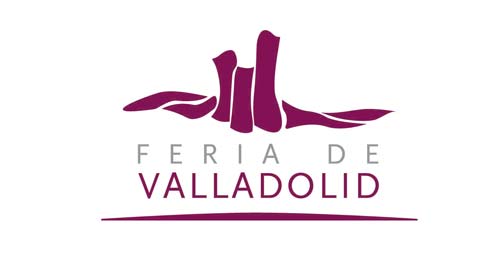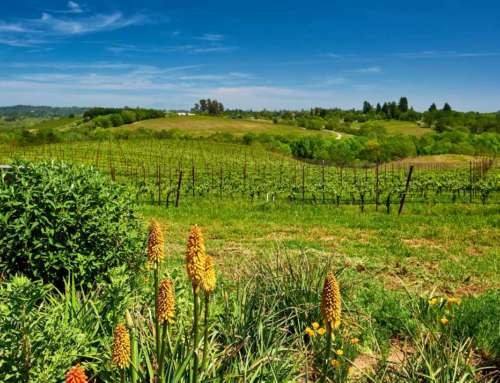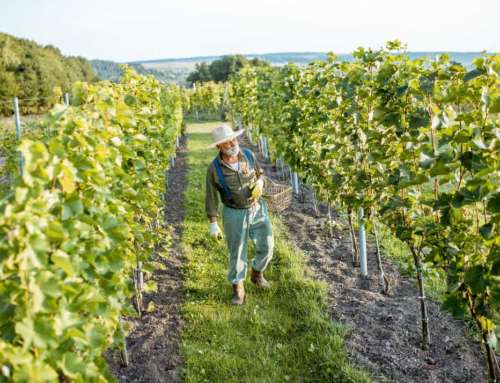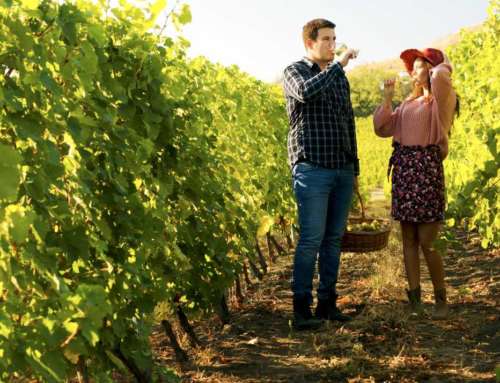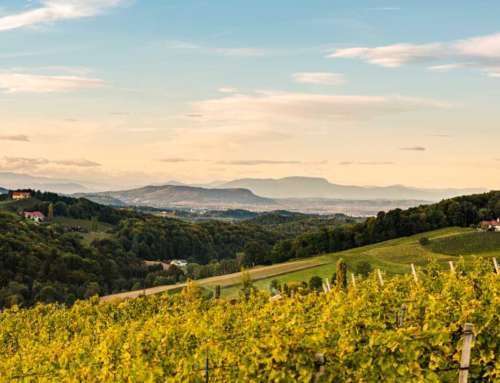Villages rely on wine tourism for their revival
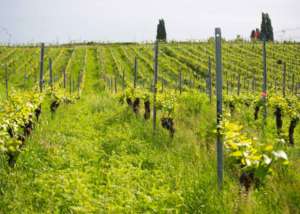
On 1 and 2 March, Feria de Valladolid will be the world headquarters of wine tourism, with the celebration of #FineWorldExpo #Marketplace. These days are reserved in this corner of the Castilian capital to learn about the wine tourism offers of winemakers and tourism agencies for the current year. This year’s exhibitors will include many wineries from rural areas.
And it is not only the wineries themselves, regional and local governments have seen in their fame for wine, a formula to attract visitors to their village and thus manage to create direct and indirect jobs in order to reduce the demographic gap, almost unbridgeable at present.
Wine tourism: a renew or die for ’empty Spain’.
Urbanites who decide to go to the countryside to spend their leisure time do so for two reasons: their second home and its origins are located in a small town. Or the second reason is the search for disconnection from the hustle and bustle of the city. The main attraction of rural towns was silence, a poor tourist offer if your place does not have a corner of enormous beauty.
Most villages followed this same pattern of the tranquillity of the countryside, until places with a strong wine-growing tradition started to activate the lever of enotourism.
In order to create the sustainability that is so necessary today for rural wine tourism, two factors are necessary, such as having a powerful set of facilities in terms of accommodation or catering, for example. The other point is the international demand for a visit to a winery in a remote location thousands of kilometres away. To achieve the arrival of tourism to rural wineries, wine and the winery must be placed as the central point, yes, but accompanied by good support.
The opportunity after the pandemic
Wine tourism in rural areas not only sells tranquillity as one of the fundamental aspects of the offer. The pandemic situation has caused a significant percentage of the population to shy away from the crowds of typically touristy places that become overcrowded when holidays or vacations arrive.
Wineries in small towns have seen an increase in demand. There is a trend among consumers for outdoor experiences, as natural as possible. In order for wine tourism to become a driving force for rural development, innovation, alliances and improved coordination between wineries and administrations must be perfect.
Authorities on tourism support this model
The 5th UNWTO (World Tourism Organization) World Conference on Wine Tourism, held in 2021, was a turning point in setting new directions for the future of tourism in the wake of the pandemic. The secretary general of the organisation, Zurab Pololikashvili, made the following statements at the summit: “The pandemic has strengthened the role of tourism in advancing rural development. Wine tourism and its connection with the territory, local products and traditions opens up new opportunities to advance employment and inclusion in rural areas“.
These words were taken as a declaration of intent to create a strong rural wine tourism and to create a sense of belonging of the local citizens around the wineries in the area.


